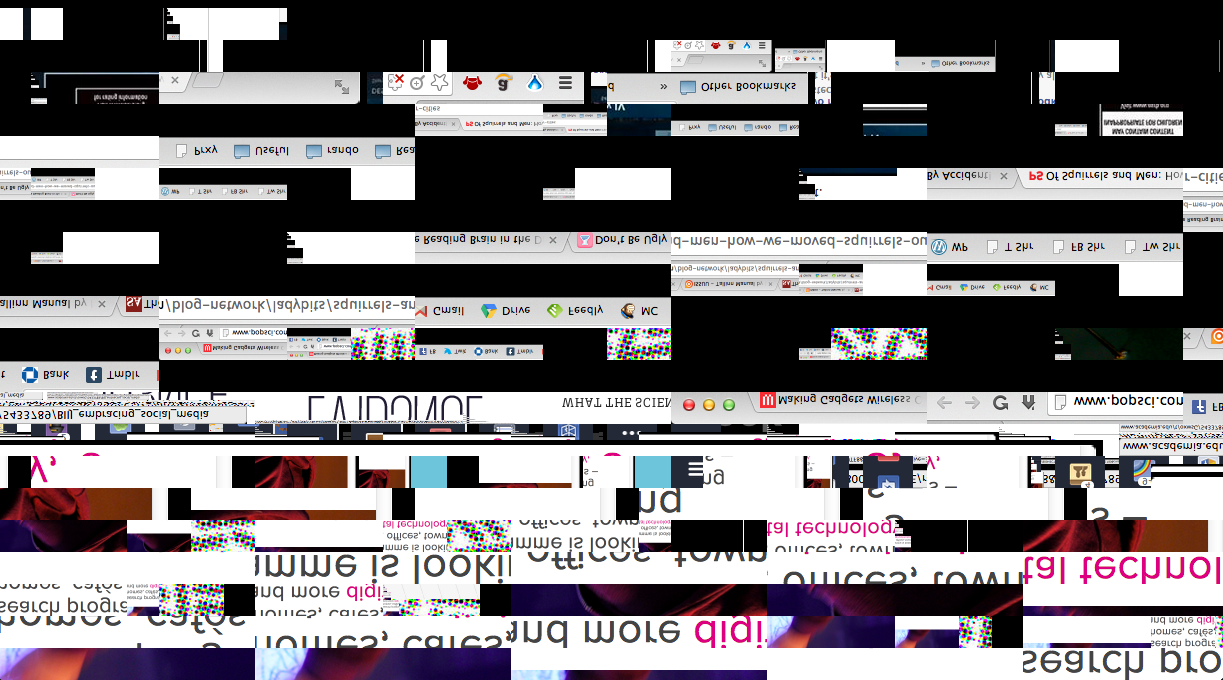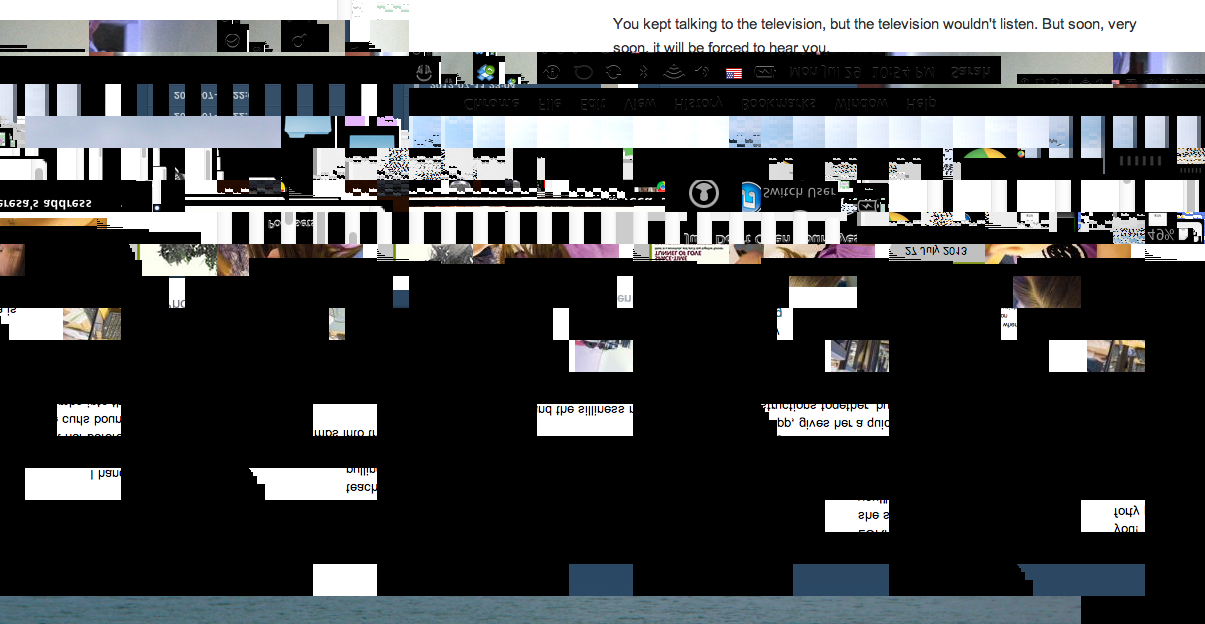Journalism, Networks, and Grief
Here’s what was important this week….
Felix Salmon, a formers Reuters journalist, wrote a screed about why publishing news with the readers in mind is more valuable than breaking news.
As he puts it, “when journalists start caring about scoops and exclusives, that’s a clear sign that they’re publishing mainly for the benefit of other journalists, rather than for their readers. “
Even more clearly, and something that I can relate to easily, is the idea that:
“Readers come first, and all decent publications have their own readership: they shouldn’t be so meek as to assume that their readers will have invariably found the same news elsewhere, just because someone else’s version arrived a little earlier.”
When you spend most of your time on the Internet surrounded by, to borrow his phrase, media navel-gazers who lives on Twitter, everything starts to seem like unimportant, old news. But thankfully, when you talk to others outside of that arena, it is easy to remember that news that seems everywhere and overdone in one circle could be totally absent in another.

Of course, knowing those people is important in its own way. Journalists tend to have extensive networks, and networks are not only powerful for story generation, they help nurture good ideas.
“the fact that so many of us are writing — sharing our ideas, good and bad, for the world to see — has changed the way we think. Just as we now live in public, so do we think in public. And that is accelerating the creation of new ideas and the advancement of global knowledge.”
In fact just “the effort of communicating to someone else forces you to pay more attention and learn more.” and the more meaningful the audience, the better the result.
Networks underpin our worlds, and we need to organize them to help make sense of them. The tree of life has become more of a web of life, as our world becomes more connected. This RSA Animate video details why mapping these networks is so important.
Networks of people nurture good ideas, but networks of information can produce a similar result. Being a polymath, or someone who studies many different subjects, allows you to make connections and come up with new ideas by exposing you to different fields, and the more you learn throughout your life, the easier it is to keep learning more things.

And for today’s morbid moment, I ended up reading a lot about grief this week. The Ask Polly column at The Awl is consistently excellent, and this week she gave advice about handling the grief of an unexpectedly dead father:
“When you lose someone very close to you, someone who makes up this essential part of your history and your future, your worldview shifts dramatically. You have a palpable feeling that everything and anything good can disappear at any time.”
And in a personal essay, Peter Welch reflects on loss after losing two people in a short period, one very close to him and another related to his girlfriend.
“When I reflect on losing someone, I wonder how I’ll feel, since it’s different each time, and it makes my brain snap. I wonder how many people will feel sorry for me, and for how long. I wonder what sort of behavior I could get away with. Quit my job? Leave the state? If my whole family died, I could do pretty much anything, as long as I left a note. Less for one parent? A friend? The question of what to do after the hypothetical loss forces its way into my mind, blocking the horror of what could be lost before it hits me.”
“The night my father died, I was in Michigan and I got word from my mother. I couldn’t get to a plane until the next day, so I sat around thinking about my father, the good and the bad in our relationship. I remember I opened whatever book I was reading, and for a few hours, I was able to stop thinking about my father’s death. It was a relief.“
I’ve shared music from LAYLA before, but she just put out an EP on Soundcloud, and it’s really great.